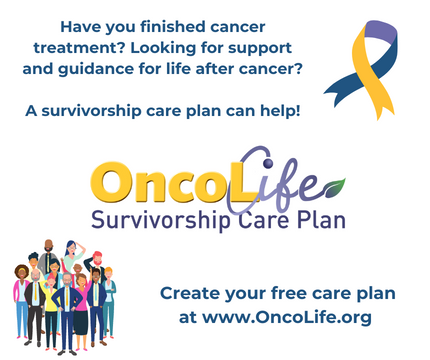Dying At Home
Authors: Andrea Sankar OncoLink Rating: |
With the recent progress made in many potentially terminal diseases including cancer, HIV/AIDS and Alzheimer's incurable cases still prevail. Many in such situations chose to live their last days in the familiarity and comfort of their own home. This book is dedicated to easing patients and caregivers into that process.
Professor Andrea Sankar is the director of the Medical Anthropology Program at Wayne State University in Detroit, Michigan. She maintains special interests in the many areas, but has gravitated toward the areas of HIV, the aged, home care, death and dying. She has received many accolades related to her work in these fields of interest. This manuscript is a revised and updated version of her previous work with the same title.
The book begins with the decision as to whether someone is an appropriate caregiver. The various aspects of caregiving and the many forms it may take are all taken into account. The rest of the book is divided into 7 chapters and very informative appendices. The initial chapter focuses on the preparation required to bring a dying family member or friend home. This section delves into the learning involved for the future in-home caregivers. The decision for readmission into the hospital is also discussed. The following chapters explain the intricacies of obtain formal medical and social support from agencies specialized in assisting the in-home caregivers during this difficult process. The subsequent chapter focuses on the maintenance of the caregivers' physical, mental and emotional health. This is a very important part of the process since the caregivers are the most integral part of the picture. Strategies are explored and recommended in preserving their well being. The final two chapters deal with the aftermath e stories inject a high dose of reality to the situations found in the manuscript. Finally, there are five appendices that deal with multiple topics, which include but are not limited to common tasks and problems of caregiving, addresses of resources available to assist with the process, pain medication dosages and caregiving in the setting of HIV.
Overall, Professor Sankar has produced a unique and excellent text on how to help a person with a terminal illness, LIVE while dying. As always, no book should take the place of a qualified medical personnel's recommendation, but this manuscript is a tremendous reference and asset to anyone who is considering or does participate in the in-home care of a loved one.



